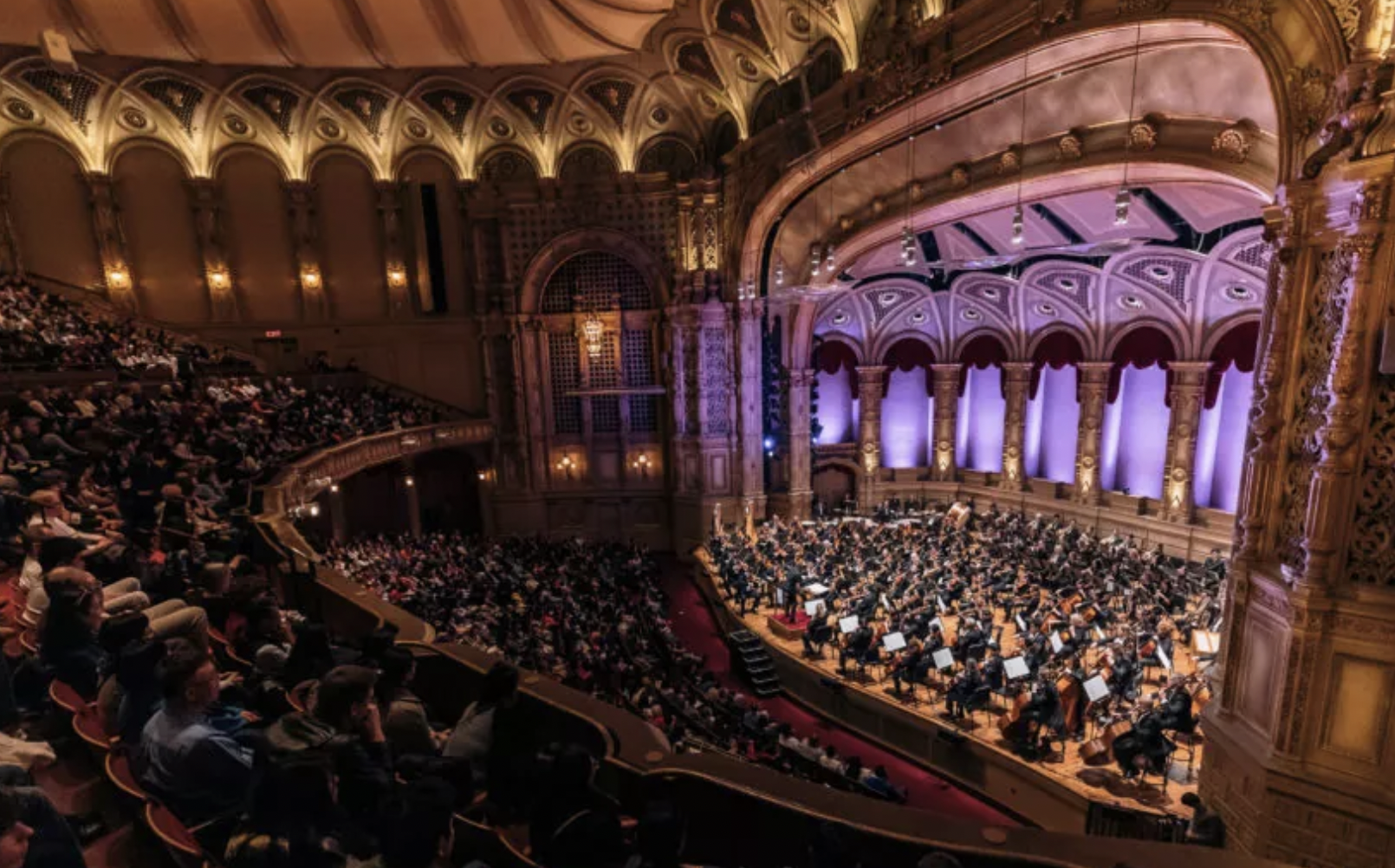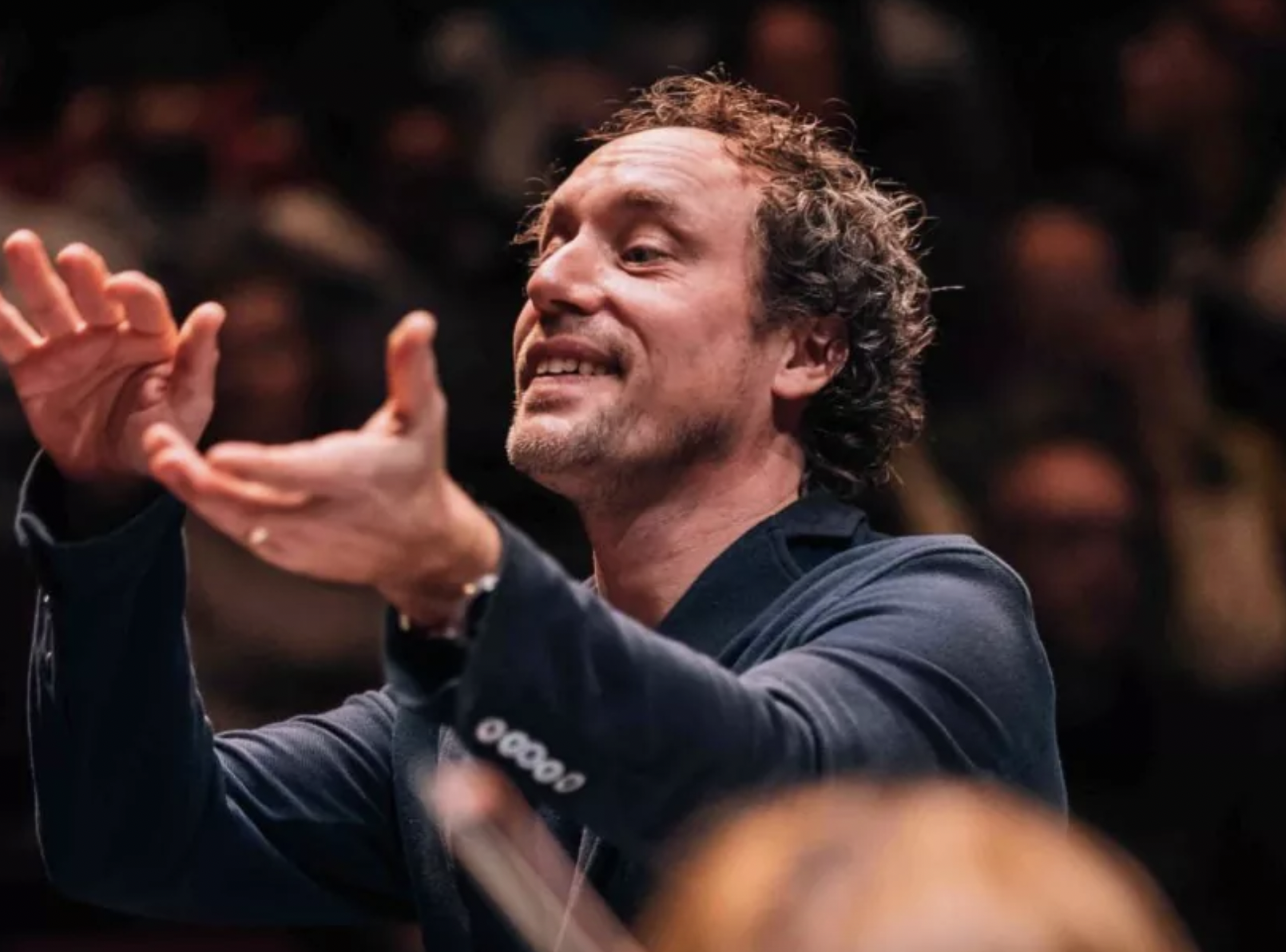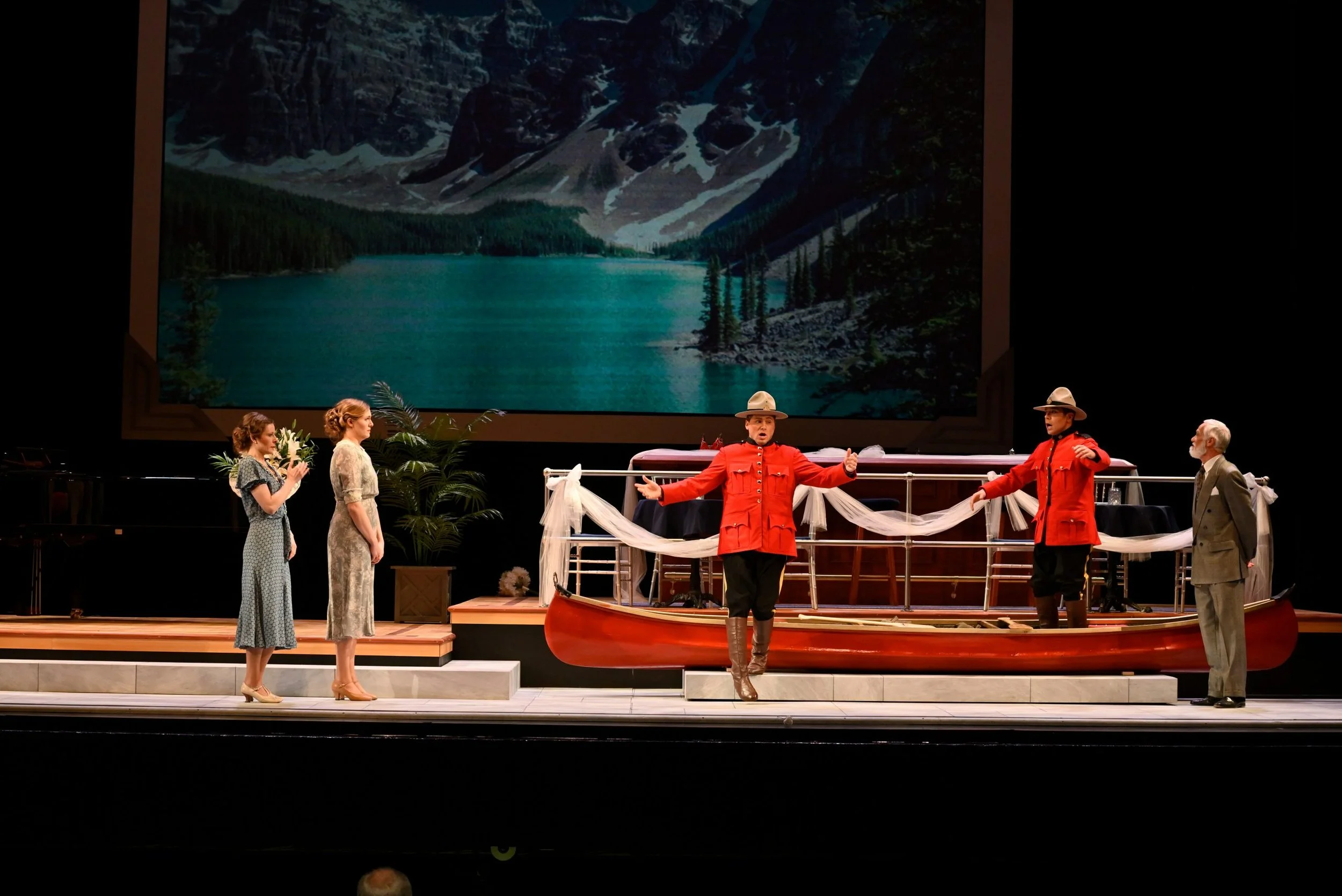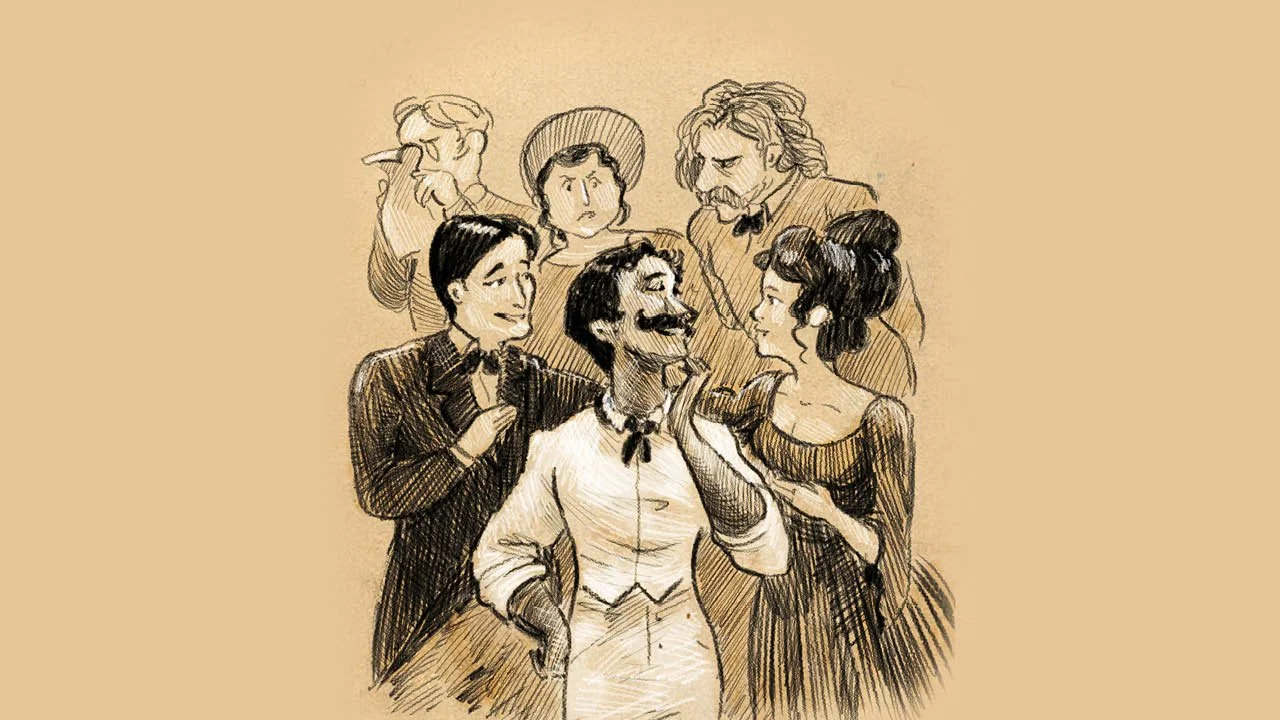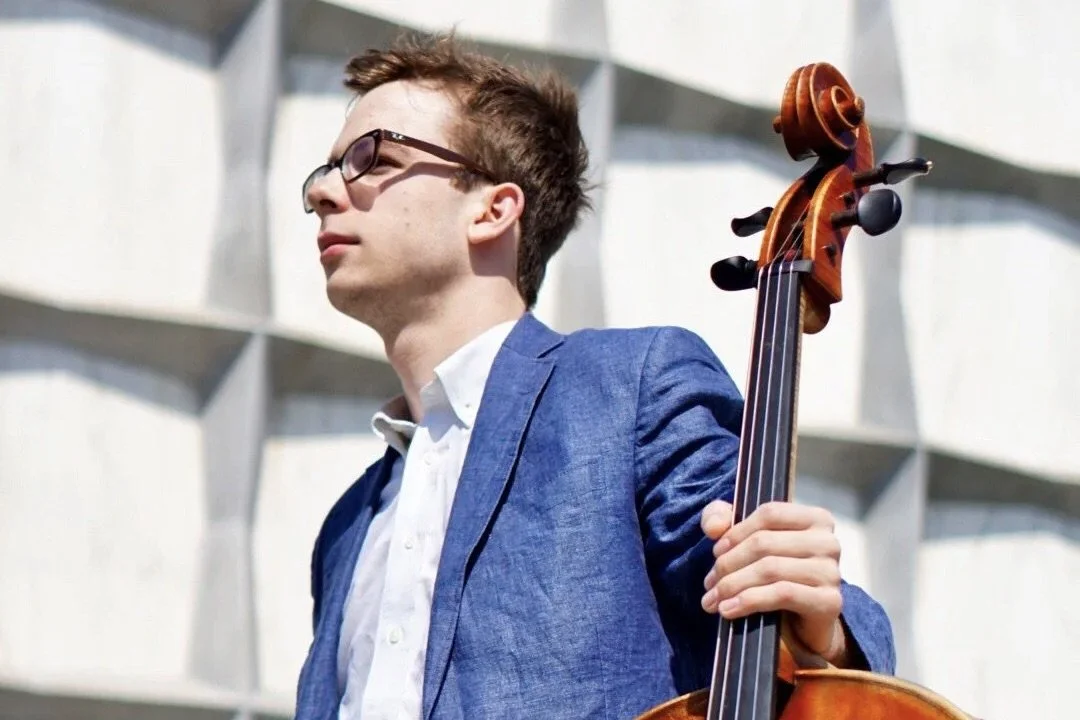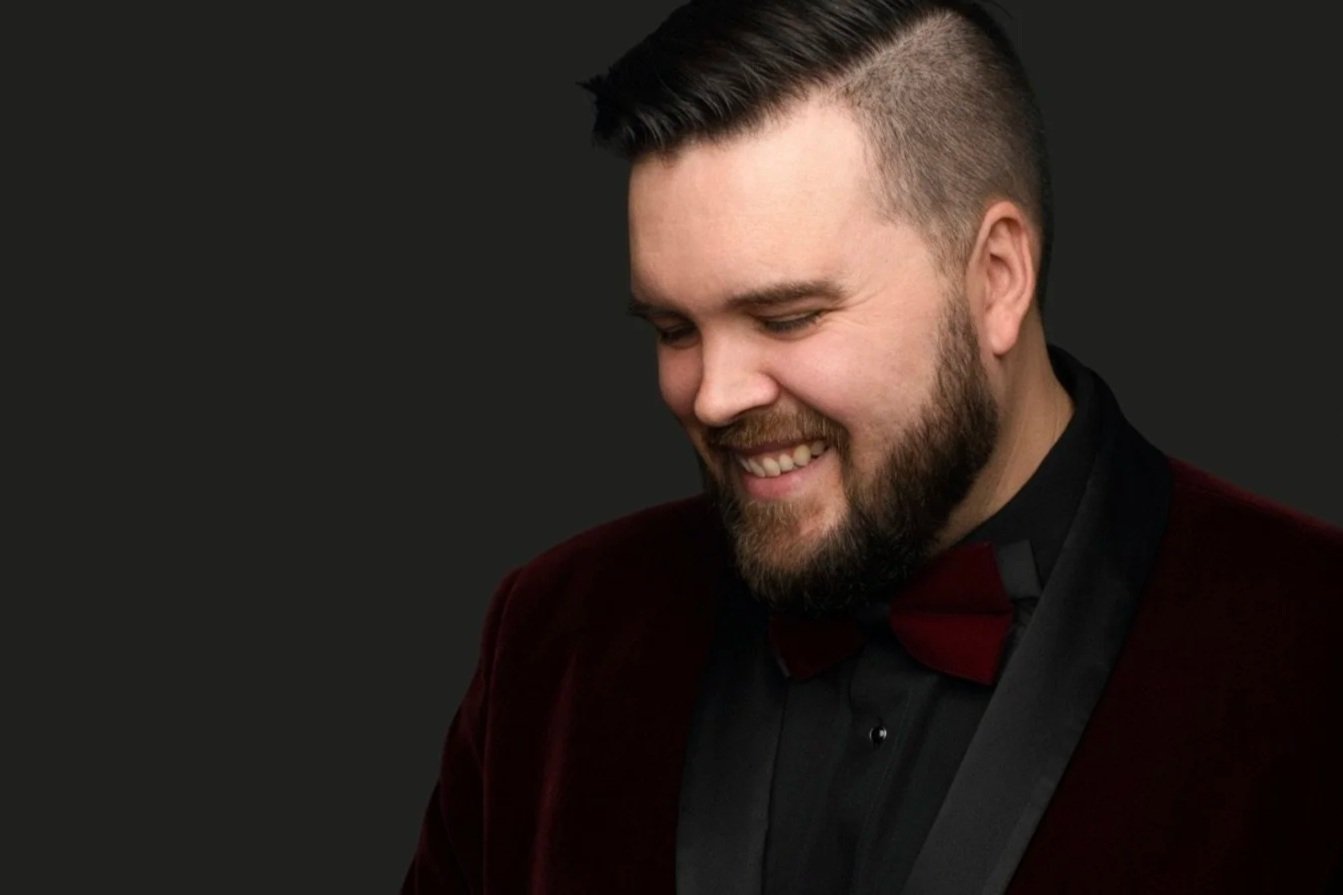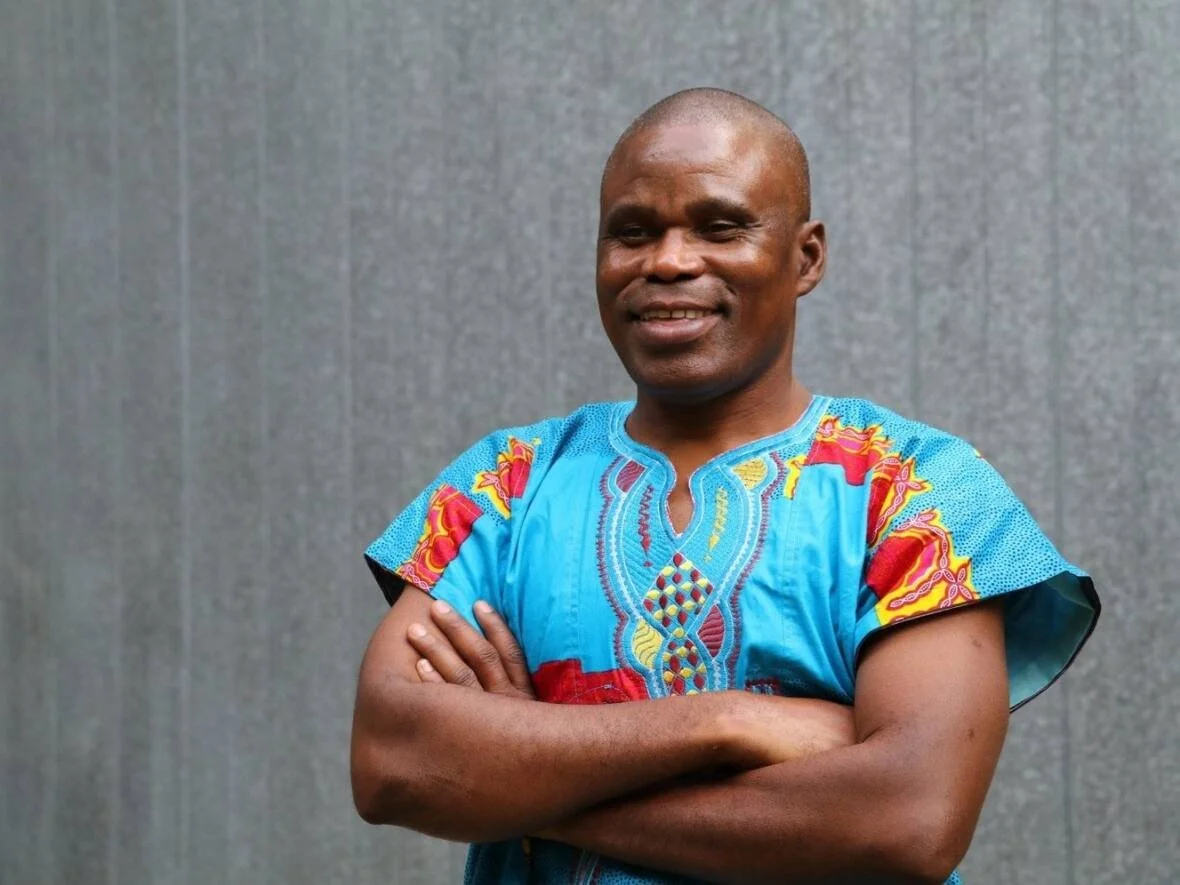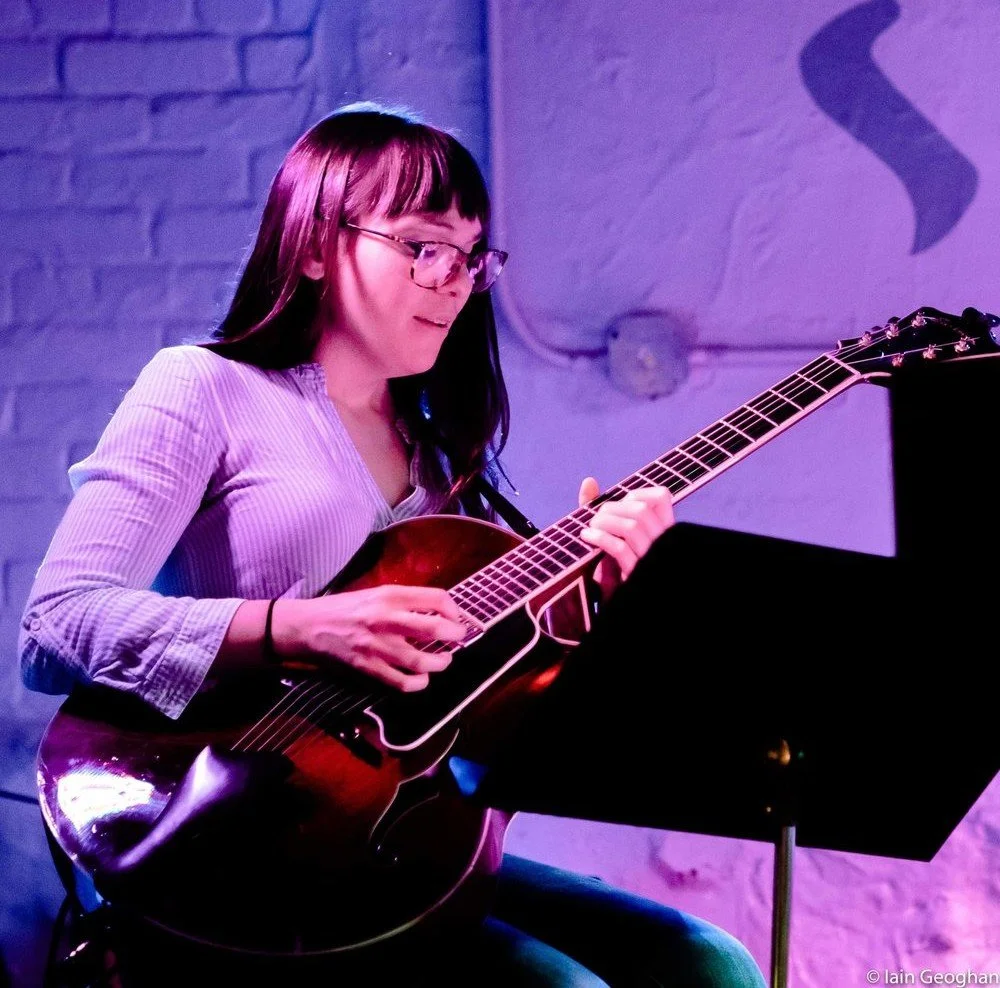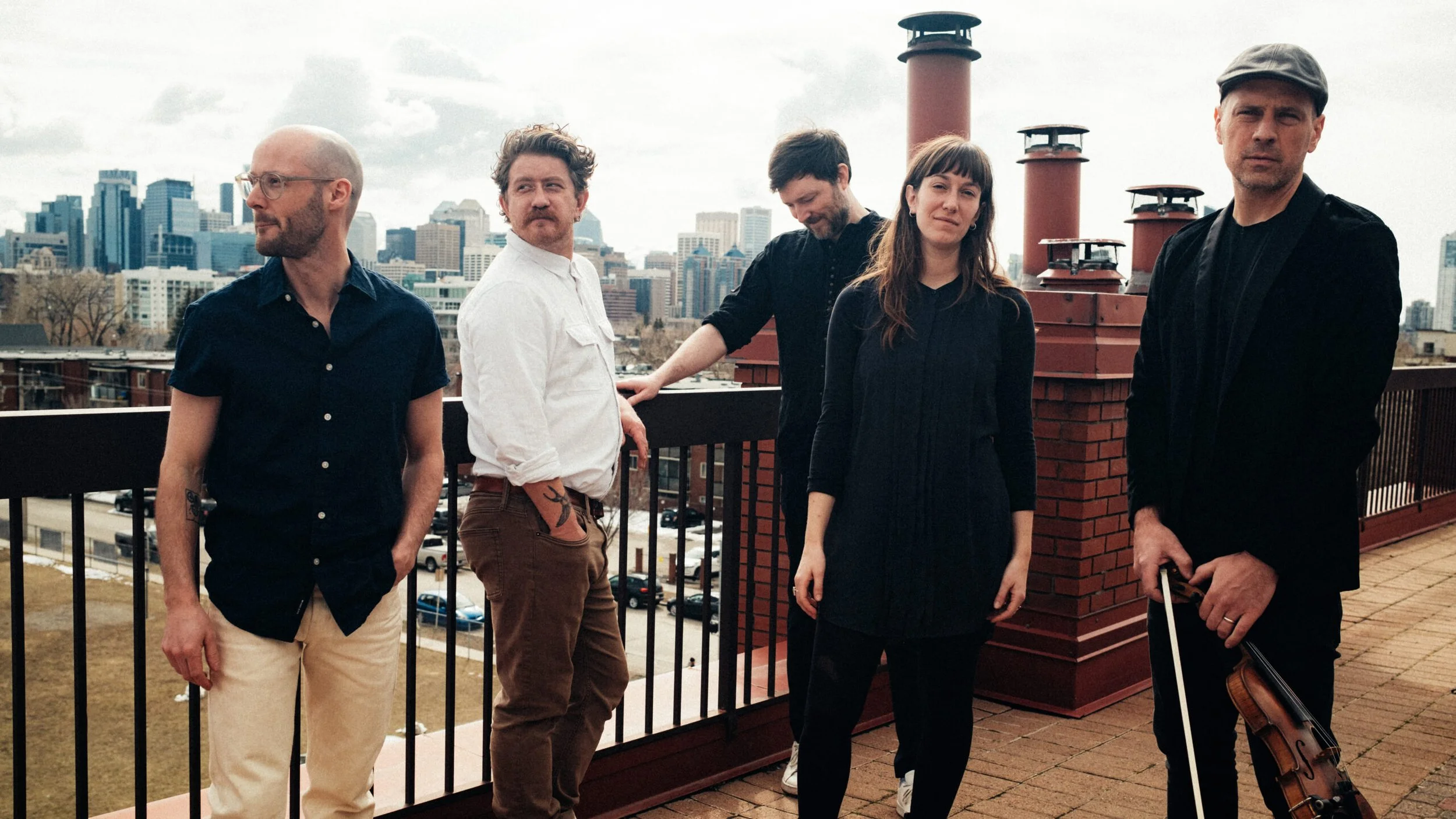Music review: Lushness and verve mark Vancouver Symphony Orchestra's season-opener with Stewart Goodyear
The acclaimed pianist is one of the few in the world who could drop in at the last minute to play Tchaikovsky’s Piano Concerto No. 1 so masterfully
Vancouver Symphony Orchestra.
Otto Tausk.
VSO’s Tchaikovsky Piano Concerto No. 1 continues on September 24 at 8 pm and September 25 at 2 pm at the Orpheum
TO GET A sense of just how demanding Tchaikovsky’s Piano Concerto No. 1 is to perform, consider acclaimed pianist Stewart Goodyear’s appearance at the initial show of a three-date run of Vancouver Symphony Orchestra’s season-opening concert. Early on in the piece’s first movement, during a lyrical section for the ensemble, he rolled up his black dress-shirt sleeves, driving himself into the work’s thundering intensity.
When Tchaikovsky first played the piece himself in 1874 for Nikolai Rubinstein of the Moscow Conservatory, hoping to convince the famous pianist to feature it at his concert, the composer was snubbed. “Worthless,” is how Rubinstein described it, “impossible to play”.
Oh, if Rubinstein could hear Goodyear today.
Goodyear stepped in at the last moment to help the VSO launch its 104th season, with originally scheduled Khatia Buniatishvili unable to attend due to unforeseen personal circumstances. Few artists in the world would be able to drop in to execute what has become one of the most famous piano scores in history (of course it’s on Hooked on Classics, and it replaced the Russian national anthem at the 2020 Olympics) with such ferocity and aplomb.
The instant the piano kicks in following the dramatic introductory B-flat minor brass notes (danh-danh-danh-DANH), Stewart has the audience in his hands, his fingers dancing, jumping, and galloping across the keys, notes falling into place like perfectly arranged dominos. In conversation with the orchestra, the piano is at times assaultive, melancholic at others, but always deeply passionate. Similarly, the orchestra, in top form under the baton of maestro and VSO music director Otto Tausk, offers crescendos that are by turns fierce and yearning. Clearly ebullient to be back at the podium, sometimes bouncing up and down, Tausk also guides the musicians to near jauntiness in during passages that draw from Ukrainian folktales.
The through line from start to finish is the performers’ all: the collective joy of being back in a (nearly) packed theatre is palpable. After bringing the piece to its thrilling B-flat major end, Goodyear was met by a minutes-long standing ovation, returning three times to the stage.
Stewart Goodyear.
If the concert’s lead section is feverishly triumphant, the second, featuring Ravel’s Daphnis et Chloé, is sensuous and full of spirit.
Completed in 1912 and inspired by an ancient Greek novel, the story of two young lovers who are separated when Chloé is kidnapped by pirates was a commission from Ballets Russes’ impresario Serge Diaghilev for a new ballet featuring Vaslav Nijinsky. It’s widely considered to be Ravel’s greatest masterpiece and taps into every element of the orchestra; in fact, while spotlighting solo players—especially notable in the VSO’s performance is flute—the piece calls for the largest orchestra Ravel would ever use: Flutes, piccolo, oboes, clarinets, bassoons, contrabassoon, horn, trumpets, trombones, tuba, timpani, strings, harps, and percussion (including cymbals, bass drum, castanets, snare drum, tambourine, triangle, and wind machine). From fluttering clarinet and rhapsodic harp to staccato bowing and brilliantly bold percussion, the orchestration is intricate, the VSO lending Daphnis et Chloé lushness and verve.
The concert opens with a moving tribute to the late, beloved maestro Bramwell Tovey. Edward Elgar’s swooning Enigma Variations – “Nimrod” was one of his favourite pieces of music.


